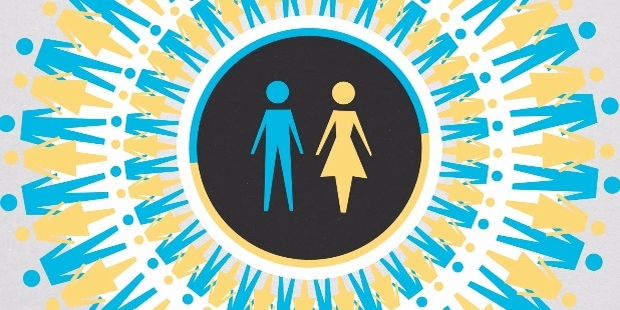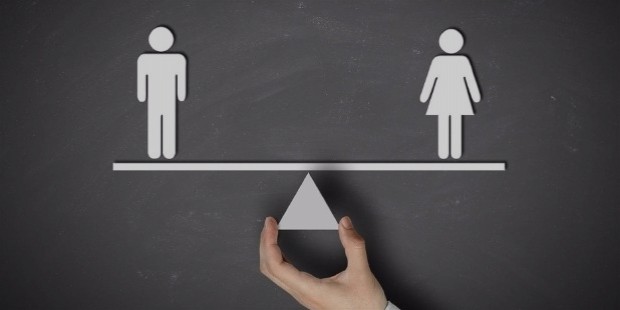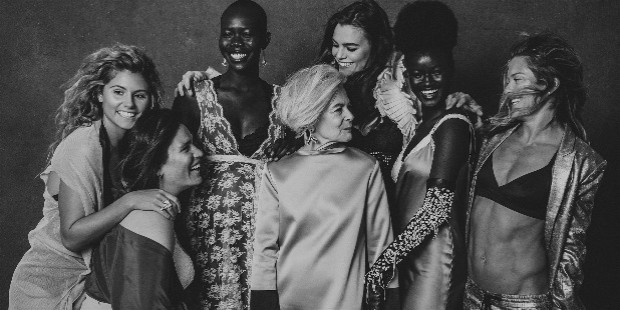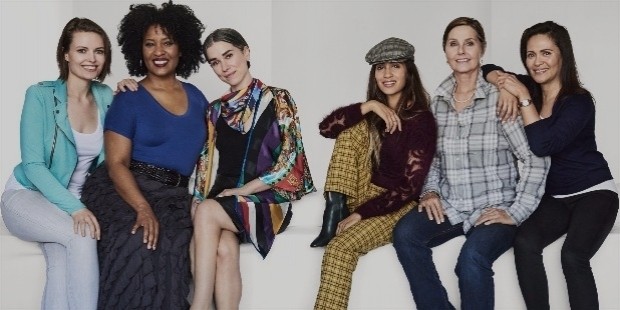Equality for Success 101: Effective Ways on How You Can Become an Advocate for Intersectional Equality

In recent years, the subject of feminism has become a major global talking point given that so many famous and successful individuals have publicly declared themselves to be supporters of the movement. Those who are uninitiated with the term may have some reservations or might misunderstand its intentions. In reality, there's really no reason for anyone to be doubtful about the goals of feminism because this movement aims to promote equality for everyone across all socio-political aspects. And by everyone, that really means every single person regardless of their personal background, the kind of education they have received, or the color of their skin.
However, it’s easy for someone with privileged means to merely pay lip service when it comes to feminism since their worldview isn’t broad enough to consider other social groups who are considered as minorities. The point of feminism is to make everyone feel included without having to defend their lives and their choices from harsh criticism. Admittedly, it can be challenging to comprehend the struggles of other people if one cannot experience or bear witness to such difficulties. But now that we are all living in an age where modern advancements in technology are allowing us to consume information in the blink of an eye, it’s now easy for people to educate themselves on how to apply the core principles of feminism with an emphasis on intersectionality.

In a nutshell, the concept of intersectionality is that it acknowledges multiple identities such as race, social class, gender, and intersects them to create a whole that is disparate from the individual components that form the entirety. This idea is fundamental to the movement of feminism because it helps people of different nationalities and backgrounds to be more accepting with one another and allows them to work together in order to combat toxic systems of discrimination and oppression within society. If more people are aware of this progressive idea, then we could start building more meaningful connections with others in life instead of acting ignorant or apathetic with the important social issues affecting so many disenfranchised individuals everywhere.

Intersectional feminism is important because it gives us the chance to understand the viewpoints of those who are underrepresented or antagonized in our community and ultimately find solutions to help them rise from their misfortunes. Whether you’re a person born into wealth and privilege or from a lower-income bracket, it’s your responsibility to be a grounded person who shouldn’t value one social group over another as it goes against the very doctrines of what feminism stands for. So if you’re looking to raise your social awareness and become a feminist with an intersectional approach, here are some solid pieces of advice to make your life personally fulfilling and socially responsible.
Commit to being an ally
The problem with most people who casually adopt feminism is that they are only able to apply it within their own insulated world without regard to others outside of their social circle. Becoming a feminist ally is vital as it will give you the knowledge and insight on how others live their lives outside of your limited perspective. For example: if you say that you’re a “white feminist” because you have Caucasian origins, then that immediately brings an implication that you’re excluding people of color from your worldview and thereby defeating the very purpose of what feminism means in the first place.

When you have the means and resources to make change happen, then don’t hesitate to educate others about important issues happening right now. Furthermore, just because you want to be an ally for a minority group doesn’t mean that you should presume to know their struggles or hardships in life. What you can do to enact positive change is to consistently read up on current events involving minority groups and talking about them with minorities that you know of in your neighborhood so you could expand your horizons and be more informed about their daily frustrations with how society is treating them. This will eventually give you the opportunity to help such maligned individuals gain the platform they need to have their voices heard loud and clear.
Listen and hold your tongue
It can be very problematic if you get too defensive with criticisms lobbed towards you, especially if it is known to the public that you have a life that is significantly better off than most people. The challenge here is to be less divisive by listening and learning from criticisms so that you’ll come across as less divisive and genuine in your goal for solidarity. There is the tendency that you’ll repeat the same problematic patterns in your social life if you don’t actively listen to what others are trying to tell you. Furthermore, it’s imperative that you must resist the impulse to defend your privilege when a person from a minority group points out the glaring difference in life experience.

Proper and diplomatic communication is the key to ensuring that both sides don’t end up hurling hurtful words against each other. Bear in mind that the reason why a person of lesser means is aiming pointed critiques at you is because you haven’t had the misfortune of experiencing problems related to race, class, gender, or other issues. Remember that their lives are valid even though they don’t share the same standing as you, so keep reminding yourself that it’s not all about you in such scenarios. When you are able to lend an empathetic ear to those who feel resentment towards you, it will be easier for you to change their views on you as an individual.
Increase awareness of gender politics
Even the most well-intentioned feminists often find themselves discussing essential topics in current events with gendered assumptions. Perhaps the most common example of this is the issue of sexual assault. When you hear something like this happen, your immediate thought is that this can only happen to a woman. The real fact here is that something as horrific as sexual abuse can happen to virtually anyone: women and men, young or old, rich or poor, and without regard to one’s ethnicity, religion, and gender identity. Gender, in particular, is something that must be tackled with sensitivity because people not everyone ascribes to the concepts of heteronormativity, which is a term used to describe the belief that people fall into distinctive and complementary gender roles of just male and female.

Although it’s understandable if you’re unfamiliar with the basics of gender politics, the best way for you to really widen your worldview on this matter is to socialize with people who don’t identify with the traditional gender norms of society, as well as respecting people with different body types. This helps create a symbiotic conversation wherein you’ll be able to see what it’s like for others to live differently while also giving those with distinctive gender identities a chance to rethink the way they perceive you as an individual. When you change the way you speak about other people in terms of acknowledging their gender, then you’ll realize that your perception of the world will become more positive.









